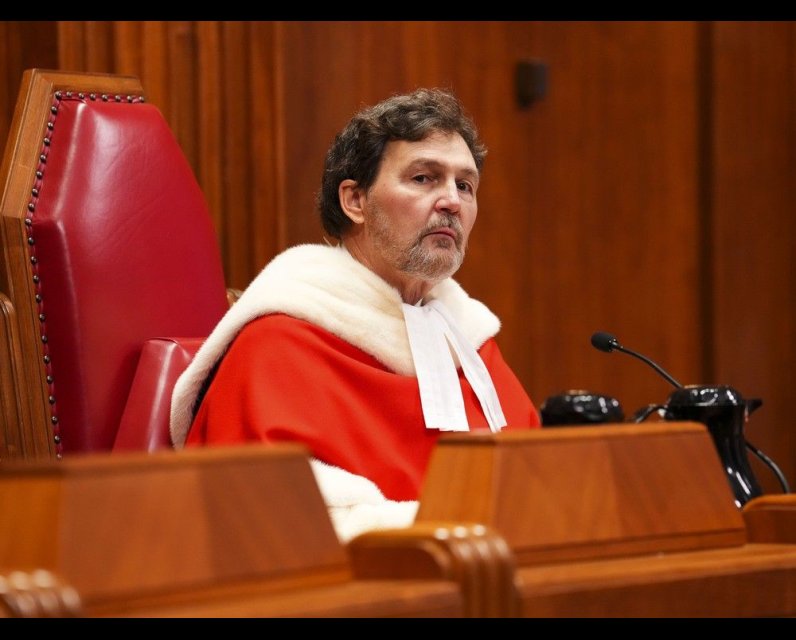Supreme Court says mandatory minimum sentences for possession, access to child porn unconstitutional

OTTAWA — Canada’s top court has struck down the one-year mandatory minimum sentence for the possession and access of child pornography.
The Supreme Court of Canada delivered its decision on Friday.
The case, which was heard by a nine-judge panel, involved a challenge to the sentencing rules brought forward by two men in Quebec who pleaded guilty to the offences.
They challenged the mandatory minimum sentences in the lower courts on the basis that they violated the Charter-protected right that guards against cruel and unusual punishment.
The Crown then appealed to the Supreme Court.
The top court dismissed that appeal and declared the mandatory minimum sentences for the two child porn offences as unconstitutional in a 5-4 decision.
Writing for the majority, Justice Mary Moreau outlined how they arrived at their decision by examining whether the minimum sentences for these offences were constitutional, by considering hypotheticals, or, as the court puts it, “reasonably foreseeable” scenarios.
The circumstances that could lead to convictions of possession or access to child pornography were vast, the decision said.
“They capture both the well‑organized offender who, over the years, has accumulated thousands of files showing prepubescent victims, and the young 18‑year‑old offender who, one day, keeps and views a file showing a 17‑year‑old victim that was sent to the offender without them having requested it,” the decision read.
In fact, this scenario was at the centre of the debate, according to the decision.
“ In the age of digital communication, this scenario is not uncommon,” it read, adding that in such a case, the best sentence could be a conditional discharge, making the requirement to hand down a punishment of one year’s imprisonment of “gross disproportionality.”
The finding comes as the governing Liberals vow to crack down further on sentencing and bail conditions for serious, violent and sexual offences.
Last week, Justice Minister Sean Fraser announced a new bill that would make it more difficult for some accused to get bail and toughen sentencing laws for serious and violent crimes.
The new bill did not contain any changes to mandatory minimum sentences.
Fraser has promised further legislation in the coming months that would specifically tackle sexual abuse and other “horrific crimes” targeting children.
Since 2015, the Supreme Court has struck down a series of mandatory minimum sentencing laws, declaring them incompatible with the Charter of Rights protection against cruel and unusual punishment.
The most recent cases came in a duo of 2023 decisions called Hills and Bertrand Marchand in which the top court found that mandatory minimum sentences for discharging a non-restricted firearm into a house and child luring were unconstitutional because there were hypothetical scenarios in which the four-year and one-year (respectively) minimum terms were excessive.
“The Court concluded in both cases that the objectives of denunciation and deterrence cannot justify a mandatory minimum sentence that applies to an offence that captures a wide spectrum of conduct with different levels of moral culpability and that would have a deleterious effect on young offenders who have high prospects for rehabilitation,” reads a research note by the Library of Parliament .
More to come …
-With files from Christopher Nardi
National Post
Our website is the place for the latest breaking news, exclusive scoops, longreads and provocative commentary. Please bookmark nationalpost.com and sign up for our politics newsletter, First Reading, here.



Comments
Be the first to comment